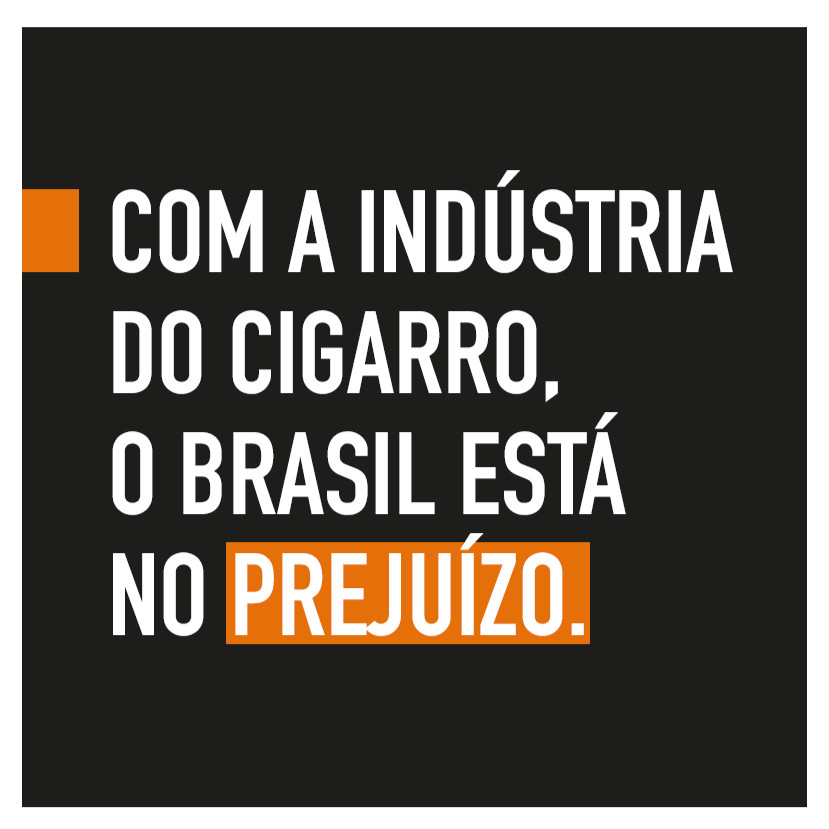Brazil: tobacco industry increases production during COVID-19 pandemic [Inglês]
06.08.20Tobacco Control
Brazil ratified the WHO Framework Convention on Tobacco Control (FCTC) in 2005, when there were around 200 000 families cultivating tobacco. Brazil is also the second largest global producer of tobacco leaves. To address FCTC requirements, the National Programme for Diversification in Tobacco-Growing Areas was established under the coordination of the Ministry of Agrarian Development. This programme focused on addressing WHO FCTC articles 17 and 18 to encourage the development of economically feasible alternatives to tobacco farming, and to protect the environment from tobacco cultivation and manufacture. The programme ended in 2016 when the Ministry of Agrarian Development ceased; however there are still an estimated 150 000 families involved in cultivating tobacco in Brazil.
In December 2019, tobacco farmers met with the tobacco industry to establish prices for the 2019/2020 tobacco crop in accordance with the Integration Law created by the former government in 2016. However this legislation was disregarded; farmers were not provided with guarantees or rights, and the amount paid for their harvest would rely only on the evaluation of the tobacco industry.
Since the COVID-19 pandemic was declared, countries around the world have adopted measures to prevent the spread of the virus. Representatives from China Tobacco were prevented from visiting Brazil to evaluate and grade tobacco, and other companies suspended the purchase of tobacco from tobacco growers. The tobacco industry also reduced activities related to cigarette production at the beginning.
Some Brazilian governmental jurisdictions have committed to safeguarding tobacco farmers, but the thousands of families who depend on this crop need viable alternatives to diversify their production and income. These farmers need technical assistance, comprehensive policy and access to opportunities to make diversification a reality.
In response to the COVID-19 pandemic, Brazilian authorities also introduced legislation to temporarily ban non-essential industrial activities. Brazil’s second-largest cigarette manufacturer, Philip Morris Brazil (PMB), is located in Santa Cruz do Sul. The mayor of Santa Cruz do Sul, Telmo Kirst, signed a public calamity decree on 20 March 2020 to close all trades and industries that were classified as non-essential. Only health organisations, food retailers, gas stations and banks were allowed to operate, and cigarette manufacturing was not included as an essential activity. Despite this, PMB increased cigarette production. According to news published in The Intercept Brasil, the company’s Chief Operating Officer, Alejandro Okroglic, sent an email to all staff in mid-March 2020 stating that the production facility would remain open and that “Preserving the health of our public, without compromising the business, is one of our goals…". The email also included details about three new weekend shifts introduced to increase production. Preserving business rather than preserving the health of the public seems to be the most important goal, given that the two are irreconcilable.
Although legislation to ban non-essential industrial activities was in place, PMB announced in early April that it would resume purchasing tobacco from farmers to ensure “the financial preservation of producers in the region”. PMB also stated that “it follows all the rules of the municipalities in which it operates”.
Despite the entirely preventable morbidity and mortality caused by tobacco products in Brazil, PMB appears to be exempt from being classified as a non-essential industry. It is strongly recommended that government authorities act quickly to guarantee the legislation’s compliance, strengthen the National Programme for Diversification in Tobacco-Growing Area and increase the opportunities to make diversification a reality for family farmers.
Mariana Pinho
Anna Monteiro
Analista Técnica, Brazil
mariana.pinho@actbr.org.br
https://tobaccocontrol.bmj.com/content/29/4/363





